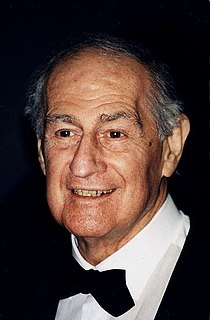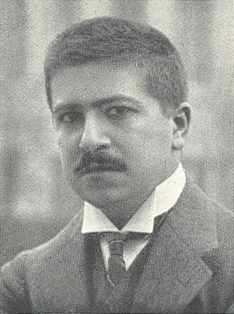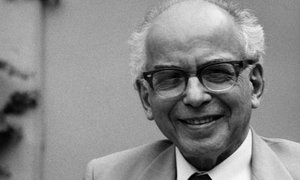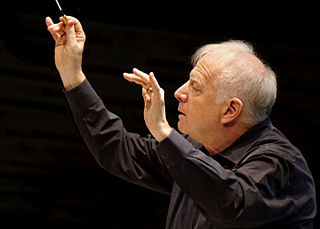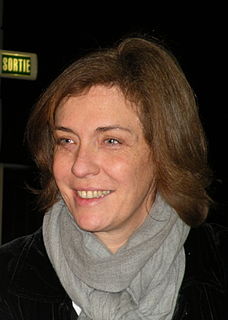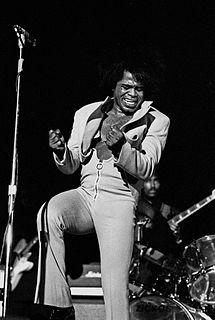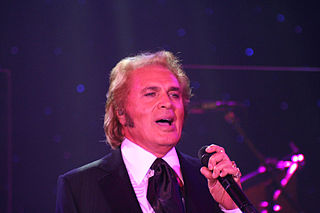A Quote by Jeffrey Tate
Beethoven, Schubert, Schoenberg, Berg imply a type of pianist who is intellectual. That's not always associated with female soloists.
Quote Topics
Related Quotes
A culture that gave the world the spiritual creations of the Classical Music of Mozart, Beethoven, Wagner and Schubert, the paintings of Michelangelo, and Raphael, Da Vinci and Rembrandt, does not need lessons from societies whose idea of spirituality is a heaven peopled with female virgins for the use of men, whose idea of heaven resembles a cosmic brothel.
Salieri was a pupil of Gluck. He was born in Italy in 1750 and died in Vienna in 1825. He left Italy when he was 16 and spent most of his life in Vienna. He's the key composer between classic music and romantic music. Beethoven was the beginning of romantic music, and he was the teacher of Beethoven and Schubert.
If... [Alban] Berg departs so radically from tradition, through his substitution of a symmetrical partitioning of the octave for the asymmetrical partionings of the major/minor system, he departs just as radically from the twelve-tone tradition that is represented in the music of Schoenberg and Webern, for whom the twelve-tone series was always an integral structure that could be transposed only as a unit, and for whom twelve-tone music always implied a constant and equivalent circulation of the totality of pitch classes.
[Charlie "Bird" Parker] would sit down and ask [Phil Wood], "What do you think about this whole secondary Viennese school with Schoenberg, Berg and Webern? Are you listening to that music and what do you feel about it?" These were the conversations that he was having. And he also said, what he learned from Charlie Parker was, not that he studied with him in the formal sense, is that the first thing that Charlie Parker would always ask was, "Did you eat today?".
Autism reaches out in many different directions. It can be associated with language delays. It can be associated with epilepsy. It can be associated with some degree of intellectual disability, but the two core features of autism, I see, is impairments and social cognition, understanding and in restricted interests and repetitive behaviors.



